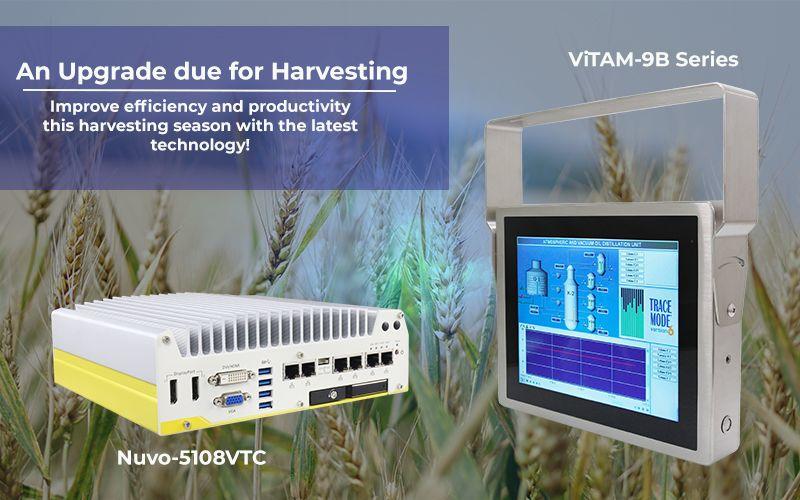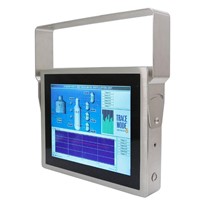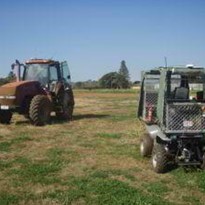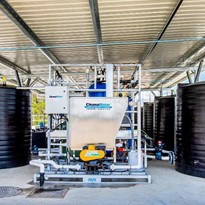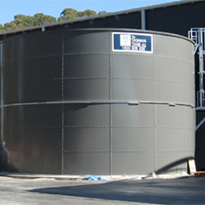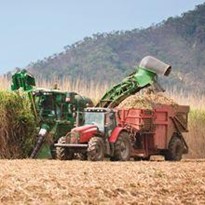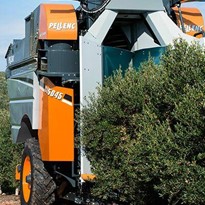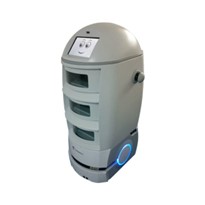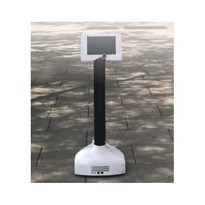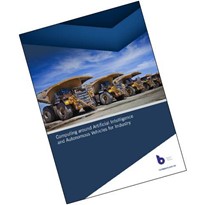This harvesting season is going to be a very crucial yet challenging one. For the past couple of years, a number of setbacks have hit Australian farmers one after the other, from COVID-19 to the triple La Niña event causing floods across half of Australia. Due to such environmental and global challenges, agricultural goods have been in short supply causing a cost crisis for the average Australian when it comes to putting food on the table.
To begin of with, the Covid outbreak continues to leave long-lasting impacts on the Australian agriculture industry in terms of labour and supplies. For example, it is estimated that the Australian horticulture industry is currently experiencing a labour shortage of approximately 10,000 individual workers, as well as seasonal staff such as ‘backpackers’ due to the lack of travel. Similarly, raw supplies such as farming machinery and fertiliser are also costing the farmers extra money and time. Farmers are set to wait for up to 10-12 months for farming machinery.
As if the setbacks of Covid-19 were not enough, the weather systems have not been on our side either. Australia in 2022 has faced a triple La Niña event which continues to bring in record rain causing floods across half of the country. This has led to devasting impacts on crops as well as livestock. For example, in the floods across NSW and Queensland the North Coast Oilseed Growers Association has estimated that around $10 million worth of soybeans have been washed away due to the ongoing floods. Whereby, there were 7,000 hectares of soybeans planted of which only around 1,200 are thought to have survived. Similar impacts can be seen in the northern rivers for macadamia farmers where 36 per cent of the national crop for macadamia near the northern rivers was completely wiped out, usually worth more than $100 million.
So it is of utmost importance that this harvesting season running from October- January is a successful one, where there is enough grain to go around for everybody. To ensure that this harvesting season is a success, there needs to be key pillars put in place to ensure productivity and efficiency despite labour shortages and tough weather systems. Backplane Systems Technology has been supporting the agriculture industry for years by offering them innovative technological solutions to ongoing problems. Whether that is Edge AI technology for autonomous harvesting or data management and processing technology suitable for the agriculture and food industry.
For example, Backplane Systems Technology supports Neousys’s Nuvo-5108VTC, which is an Intel® 6th-Gen Core™ i7/i5/i3 Skylake in-vehicle fanless embedded computer. This in-vehicle computer is suitable for autonomous farming machinery that can assist in harvesting whilst eliminating labour shortage issues. Nuvo-5108VTC integrates CAN bus for communicating with in-vehicle CAN bus system, individual ECUs or other automotive devices, and an isolated DIO for sensor/actuator control. Also, it has intelligent ignition power control and 3G/4G/WIFI communication. Ultimately, making Nuvo-5108VTC equipped for autonomous farming helping solve the labour crisis.
Likewise, Backplane also supports the Aplex’s ViTAM-9B series, which is a fanless panel PC that attains all-around IP66/IP69K certification and stainless-steel construction with M12 connectors. Hence, the PCs can withstand high-pressure water washing down to prevent dust accumulation, making them the most suitable panel PCs for industries with hygiene considerations as a top priority, such as food processing. It has high computational power and can assist in streamlining the production process. Ultimately, being an asset to the monitoring and control processes when it comes to grain handling.
So, this harvesting season it is vital for agricultural businesses to look into automating and streamlining the harvesting process through technology. Ultimately, allowing them to overcome the global and environmental challenges that they are currently facing.


